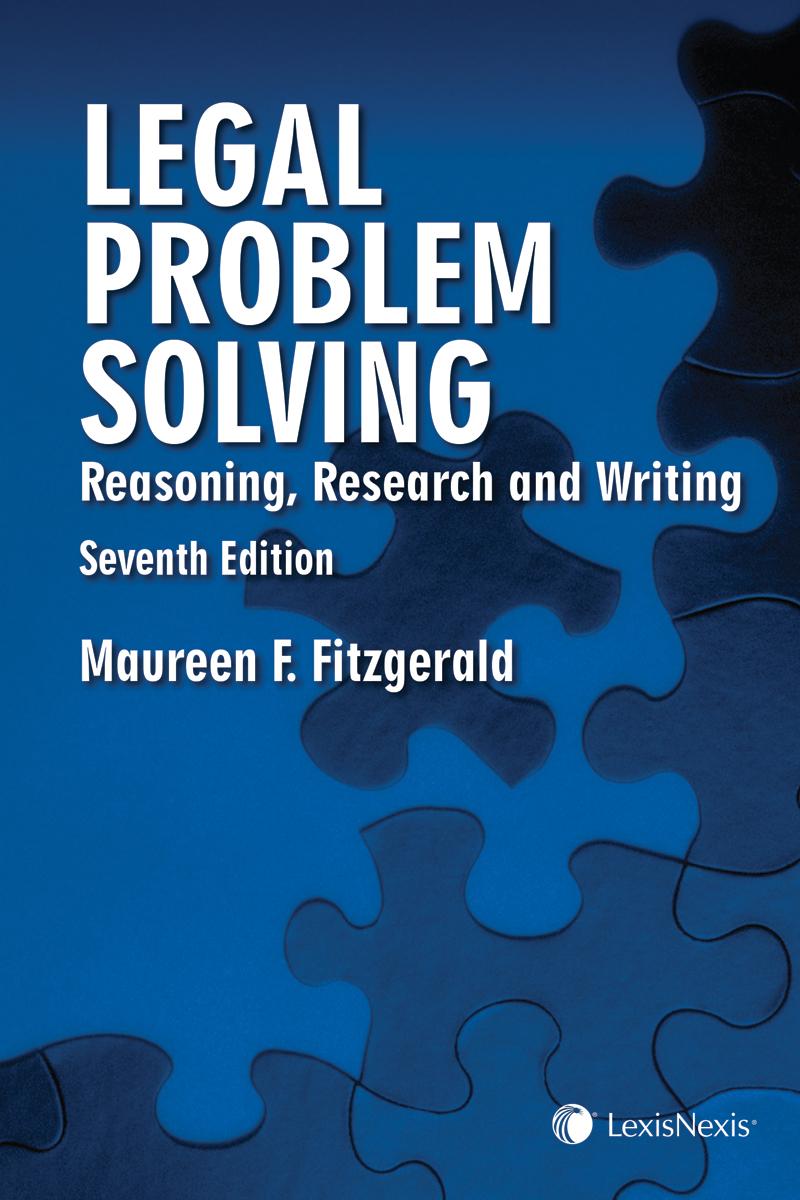
According to Tjaden (2010), conducting effective legal research requires an understanding of standard legal research techniques as well as more general information literacy skills including:
Source: Tjaden, T. (2010). Legal research & writing, 3rd edition. Toronto: Irwin Law.
FILAC is a five-step methodical approach to legal research
Source: Maureen Fitzgerald (as cited in Tjaden, 2010).
 Legal problem solving: reasoning, research & writing, 7th edition
by
Maureen F. Fitzgerald
Legal problem solving: reasoning, research & writing, 7th edition
by
Maureen F. Fitzgerald